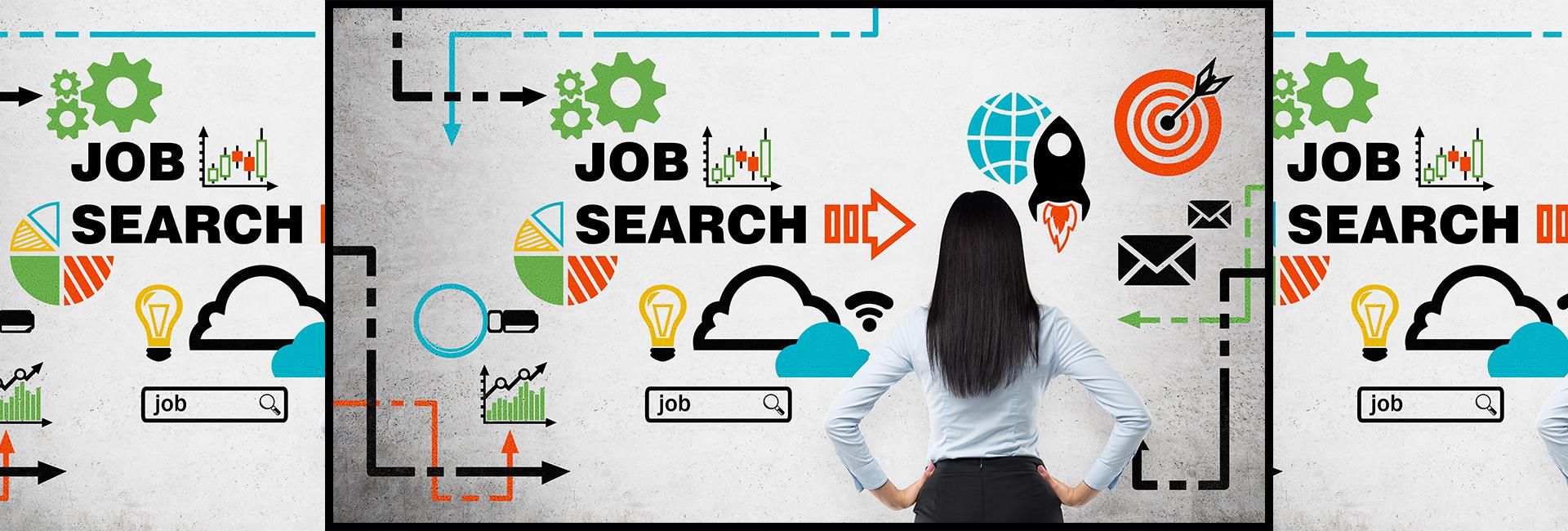Young people face an increasingly competitive and selective job market.
As Australia hits a record low of 3.9 per cent unemployment, many young Australians – including university graduates – are still struggling to secure a full-time job.
Graduate William Dan, who recently completed a Bachelor of Biotechnology and Microbiology from UNSW Sydney, started applying for jobs before he graduated. From more than 30 job applications, he has only received two interviews. Even entry-level listings often require a few years of industry experience, he said. The job hunt has left him feeling defeated.
While the overall rate sits at a record low, the unemployment rate of Australians aged 18-24 actually rose 0.5 per cent to 8.8 per cent from April to May this year. The current youth unemployment rate mirrors the rate seen prior to the 2007 global financial crisis. Despite the economy working to create more jobs, for young people leaving school or university, those opportunities can be hard to grasp.
Close attention will be paid to the June unemployment figures, released this Thursday, to see if the youth unemployment rate continues to rise against the overall downward trend.
'One company re-uploads the same research assistant job every week. I kind of wonder if this application is being considered properly.'
Dan is seeking a job in the highly competitive science job market. “There’s not that many jobs [and they] usually require one to two years’ experience in a lab … a PhD student can and probably does apply for these jobs,” he said. This means that although he is applying for entry level jobs, he is ultimately competing against other applicants with more experience and qualifications.
He sees entry-level jobs catering to recent university graduates appear every week on job hunting sites such as LinkedIn and Seek. LinkedIn, which lists the number of applicants for a position, shows that many such entry-level job listings have more than 100 applicants; yet some of those listings sit unfilled for several months.
“There’s a lot of stuff that’s, like, advertised 30 days ago,” Dan said. He even noticed one company that “re-uploaded the same research assistant job every week … I kind of wonder if this application is being considered properly.”
Between November and February, there was a 6.9 per cent increase in total job vacancies (423,500 additional jobs) according to the Australian Bureau of Statistics. News reports regularly quote business owners who struggle to fill their staff positions.
Why then, do young job seekers find it so hard to enter the job market? Paul Reynolds, CEO of Factfin, a tech platform offering small business solutions, plays a key role in hiring university graduates and students for his company. He said the limited experience and qualifications of young people are the main reasons for lower youth employment rates.
“When you bring in someone who has limited experience, they do take a lot of time,” said Reynolds, referring to the training and staff power it takes to teach graduates about their job.
“People are putting their names in for jobs, and they are just not qualified … you’re also getting a lot of, I’m sorry to say this, international applicants who don’t have visas.”
Asked if he believed the recent change to a Federal Labour Government would improve the opportunities for graduate job seekers, he saw it being less about job creation and more about support through the transition.
“In terms of the policies, I don’t think they will impact graduates, or the jobs graduates are after … the Labor Government historically protects the lower income [earners]," Reynolds said, "but it will support graduates who are in transition to get their graduate job.”






As a checkout chick, I'm used to rudeness. But I can't bear the threats and violence